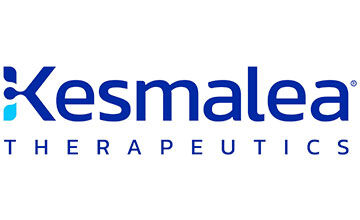
- Founded
- 2020
- Founder
- Prof. Mauro Giacca
- Shareholding
- 63%
- Stage
- Pre-clinical
- Raised
- £35.5m
Unless stated all financials at 31 December 2024
Forcefield is a pioneer of best-in-class therapeutics to protect heart function by arresting the loss of cardiomyocytes following myocardial infarction (heart attacks). Myocardial infarction (MI) triggers the irreversible loss of large numbers of cardiomyocytes, or heart cells, which can lead to a cascade of events leading to heart failure. Up to 30% of cardiomyocytes can be lost during and immediately after MI.
Forcefield has identified naturally occurring cardioprotective proteins capable of retaining cardiac tissue damaged by acute myocardial infarction via a unique combination of actions. The targets were identified through ‘FunSel’, a transformational, unbiased protein search engine developed by Forcefield’s founder Professor Mauro Giacca. The proteins identified through FunSel act through mechanisms which have naturally evolved to repair molecular, cellular, and organ damage and may have potential in other diseases.
Following an initial commitment of £5.5 million from Syncona, Forcefield’s launch was announced in April 2022, following which we have continued to support the company as it has developed its strategy and built out its operations. Lead Partner, Elisa Petris, and Investment Partner, Alice Renard, are members of the company’s Board, and Executive Partner, John Tsai MD, is Chief Executive Officer.
In 2024 Syncona committed £20 million and Roche Venture Fund committed £10.0 million to a Series A financing in Forcefield.
Investment thesis
- Forcefield’s approach has the potential to protect heart cells, minimising the impact of myocardial infarction and preventing the cascade of events that may lead to subsequent heart failure
Unmet medical need
- Post-myocardial infarction treatment has previously seen decades of failure, with no current treatment able to prevent the death of cardiomyocytes and a reduction in life-span and quality of life
- Globally 5 million percutaneous coronary interventions (“stents”) are performed every year1
1. Forcefield company website.
Syncona team

John Tsai

Elisa Petris

Alice Renard
Forcefield Therapeutics leaders and founders

Mauro Giacca

John Tsai







